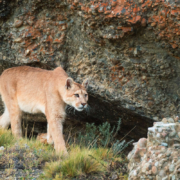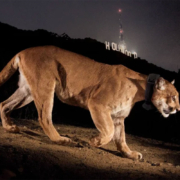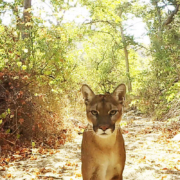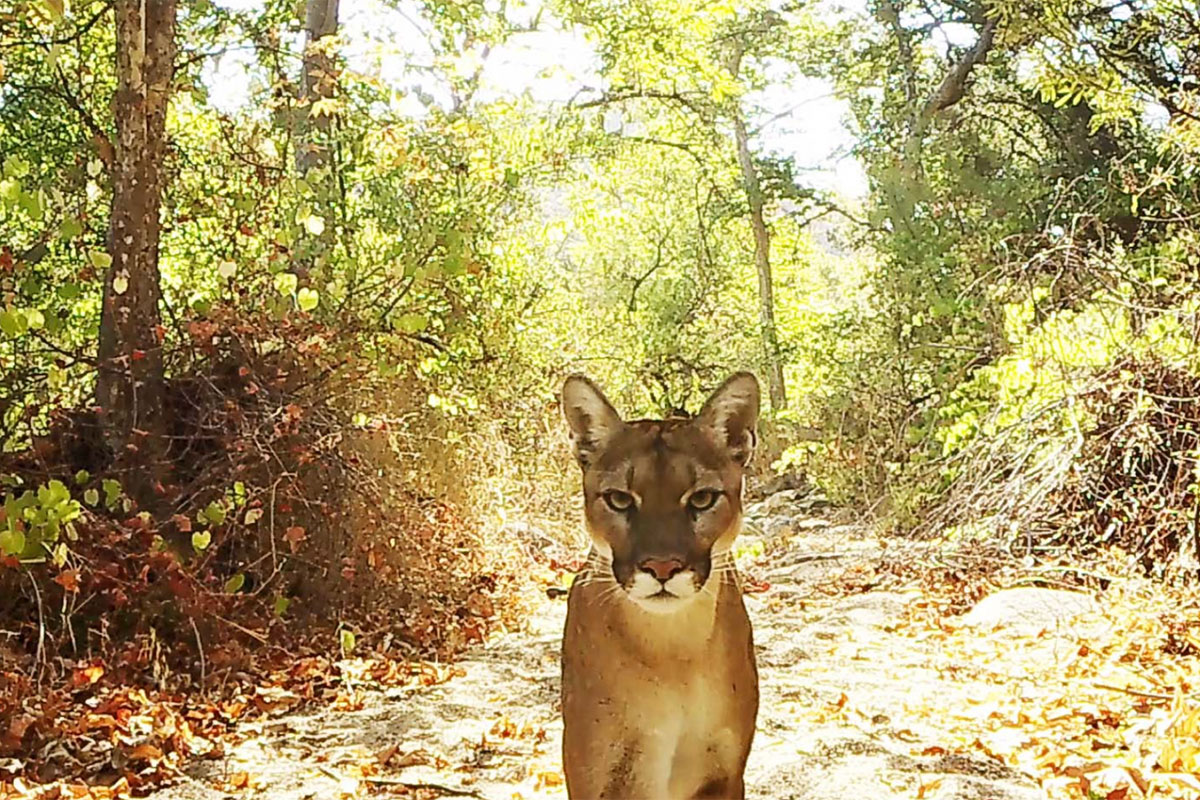Where will they go?
https://www.sacbee.com/opinion/op-ed/article258649018.html
In California, even in heavily populated urban areas, seeing bears and cougars is not completely unheard of, though still relatively uncommon. However, in recent years, it seems like these sightings and even incidents, are on the rise. Biologists think that some of this increase may be due to climate change. 2021 was the driest since 1924 and had the hottest ever summer in California, with nearly 9000 wildfires destroying 2.5 million acres of land where bears and mountain lions lived. 2021 was also the deadliest for bears on roads. It’s no wonder that some of these animals, fleeing for their lives, might cross highways and roads and wander into towns and cities seeking food.
It’s only a matter of time until less densely populated states in the Rocky Mountain west start to see the same thing happening. More and more people are moving into rural mountain towns, while at the same time, more and more wildfires are igniting due in part to climate change. Where will all the wildlife go when their homes and habitat are destroyed either directly by human development or indirectly by climate change induced habitat loss?


 Steve Winter Photography
Steve Winter Photography Photo from Wildlife Health Center UC Davis
Photo from Wildlife Health Center UC Davis